Geopolitical shifts play a significant role in shaping visa policies, affecting the movement of people across borders. Changes in diplomatic relations, trade agreements, and international conflicts can lead to rapid adjustments in immigration regulations. Visa consulting firms must stay informed about these developments to provide accurate and timely advice to their clients.
Diplomatic Relations and Visa Agreements
Diplomatic relations between countries can directly influence visa policies. Positive relations often lead to the creation of visa-free travel agreements or simplified visa processes, while strained relations can result in travel bans or tighter restrictions. For example, the recent Brexit transition led to significant changes in the visa and immigration policies between the United Kingdom and the European Union. According to the UK government, over 5.6 million applications were made to the EU Settlement Scheme by the end of 2021, reflecting the scale of the changes.
Trade Agreements and Labor Mobility
Trade agreements can also impact visa policies, particularly regarding labor mobility. Agreements like the Comprehensive and Progressive Agreement for Trans-Pacific Partnership (CPTPP) and the United States-Mexico-Canada Agreement (USMCA) include provisions that facilitate the movement of workers between member countries. According to the World Trade Organization (WTO), trade agreements with labor mobility clauses have increased by 40% over the past decade, highlighting the growing importance of integrating visa policies with trade relations.
International Conflicts and Humanitarian Visas
International conflicts and humanitarian crises can lead to the issuance of humanitarian visas or temporary protected status for affected individuals. For instance, the Syrian conflict prompted many countries to offer asylum and humanitarian visas to refugees. The United Nations High Commissioner for Refugees (UNHCR) reported that over 6.6 million Syrians have sought refuge abroad, necessitating coordinated international visa and asylum policies.
Sanctions and Economic Measures
Sanctions and other economic measures imposed by countries can also affect visa policies. For example, the imposition of sanctions on countries like Iran and Russia has led to stricter visa requirements for their citizens. According to the Council on Foreign Relations (CFR), economic sanctions impacted over 70 countries globally in 2020, influencing visa and immigration policies as part of broader geopolitical strategies.
Adaptation Strategies for Visa Consulting Firms
To navigate the complexities of geopolitical shifts, visa consulting firms need to adopt proactive and informed strategies. This includes monitoring geopolitical developments, understanding their implications for visa policies, and advising clients accordingly. Firms should leverage data analytics and real-time information sources to stay ahead of changes. A survey by Ernst & Young found that 68% of immigration professionals believe that geopolitical awareness is crucial for effective client advisory.
Case Studies
Several countries have adjusted their visa policies in response to geopolitical shifts. For example, Australia introduced the Global Talent Visa to attract highly skilled individuals from countries facing economic or political instability. This visa has seen a 70% increase in applications since its launch, indicating its success in addressing geopolitical challenges.
Future Outlook
The impact of geopolitical shifts on visa policies is expected to continue shaping global mobility. Visa consulting firms that maintain geopolitical awareness and adaptability will be better positioned to support their clients in navigating these changes. By staying informed and proactive, firms can enhance their service offerings and ensure compliance with evolving regulations.

